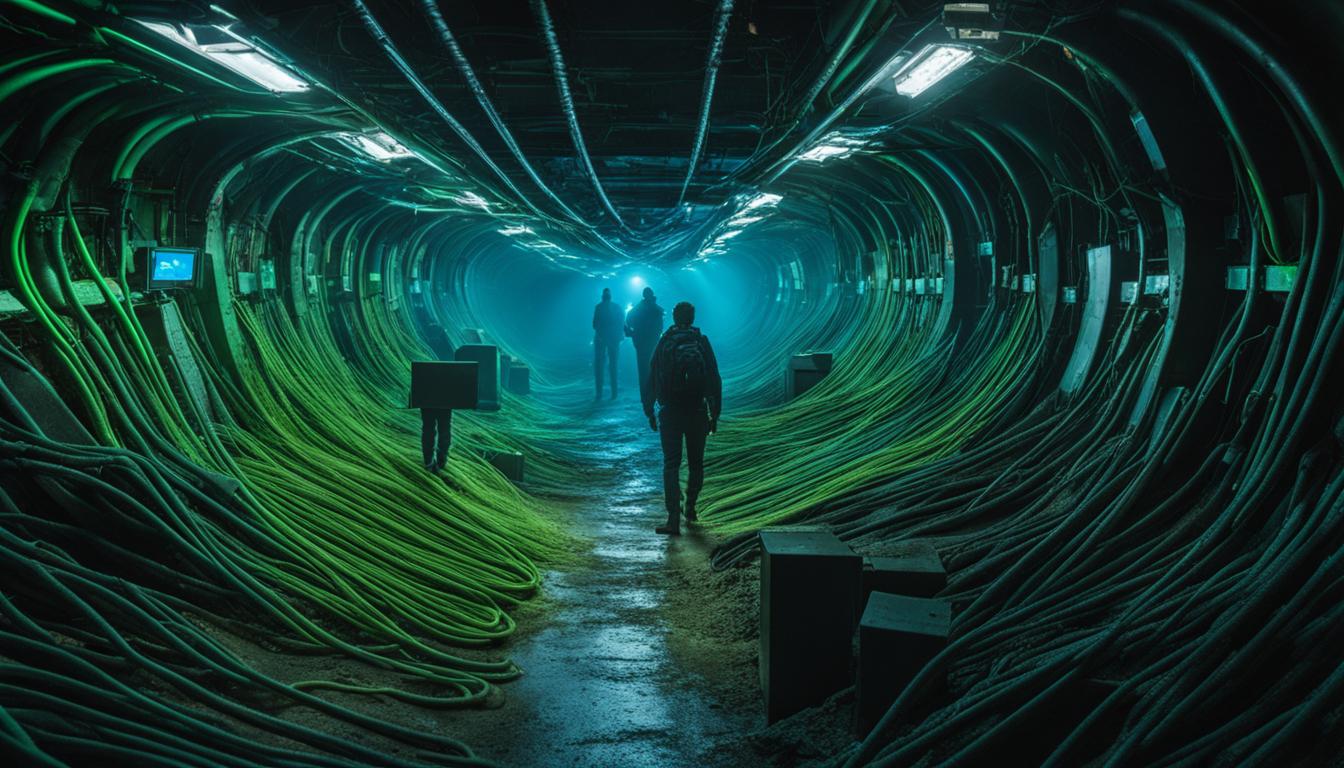Cryptocurrency mining is the process of verifying transactions and releasing new coins into circulation. It involves using specialized hardware to solve complex mathematical problems, securing the blockchain network, and adding transactions to it. Miners are rewarded with cryptocurrency for their efforts in maintaining the network.
Mining works through the Proof of Work (PoW) mechanism, where miners compete to solve puzzles and validate transactions. The process consumes significant energy and requires powerful hardware, like GPUs or ASICs. It also ensures the network’s security by making it harder for malicious actors to take control.
Several factors impact mining success, including hardware choice, electricity costs, mining difficulty, and whether you join a mining pool. Additionally, it’s essential to consider legal and tax implications depending on where you operate.

